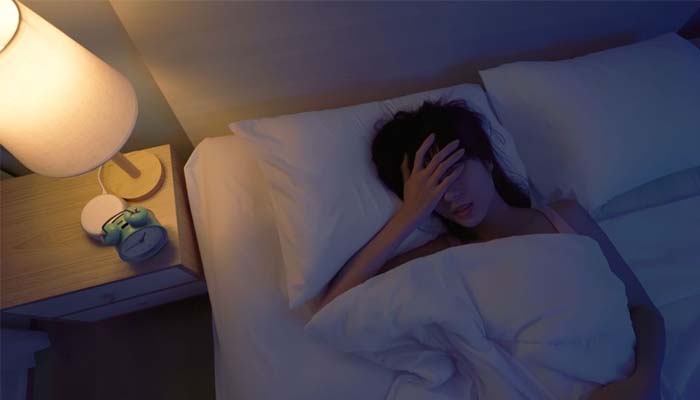
A recent study revealed that teenagers with irregular sleep patterns are more likely to harm themselves on purpose.
According to a report in the Journal of Child Psychology and Psychiatry, shorter sleep, sleeping later or frequent walking during the night were all linked to a 14-year-old’s risk of self-harm.
Researchers noted that rates of self-harm among teens are exponentially rising, as many as 70% of teenagers get poor sleep.
For the study, researchers assessed data from more than 10,000 14-year-olds participating in a long-term health study of UK residents born between 2000-2002.
Participants provided details on their usual sleep, and also were asked if they’d engaged in self-injury or self-mutilation.
Lead researcher and a doctoral candidate in psychology at the University of Warwick in the UK, Michaela Pawley, stated:
“We discovered that shorter sleep on school days, longer time to fall asleep, and more frequent night awakenings at age 14 are associated with self-harm concurrently and three years later at age 17.”
Researchers discovered that inadequate sleep raises teens’ risk of self-harm, even after accounting for depression and other factors.
Sleep problems may fuel impulsiveness, aggravate coping with anxiety, and increase negative thinking, cognitive-behavioral therapy, may aid in early prevention and minimise self-harm risk.












